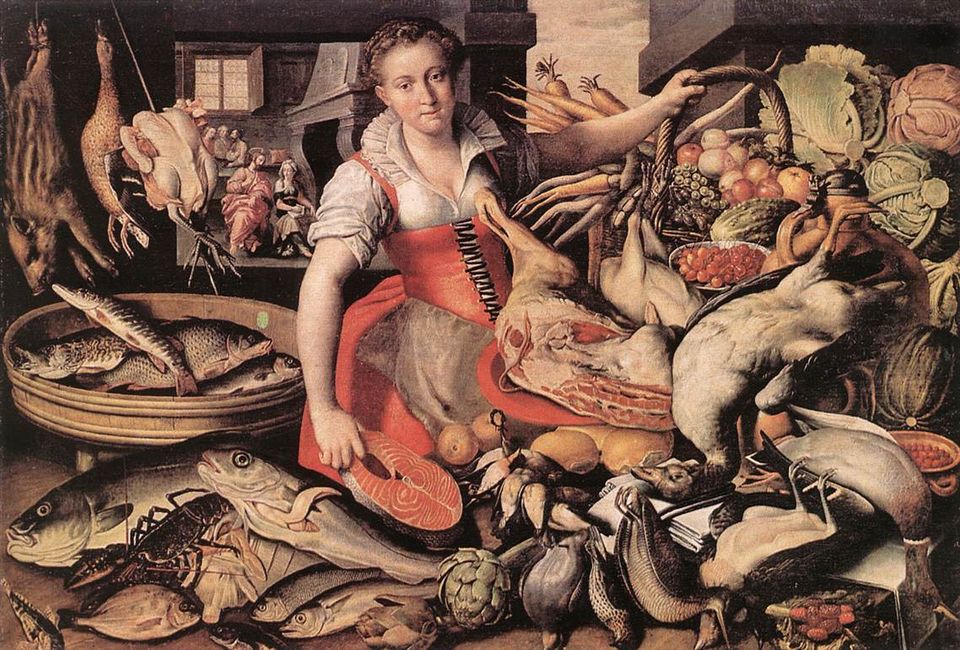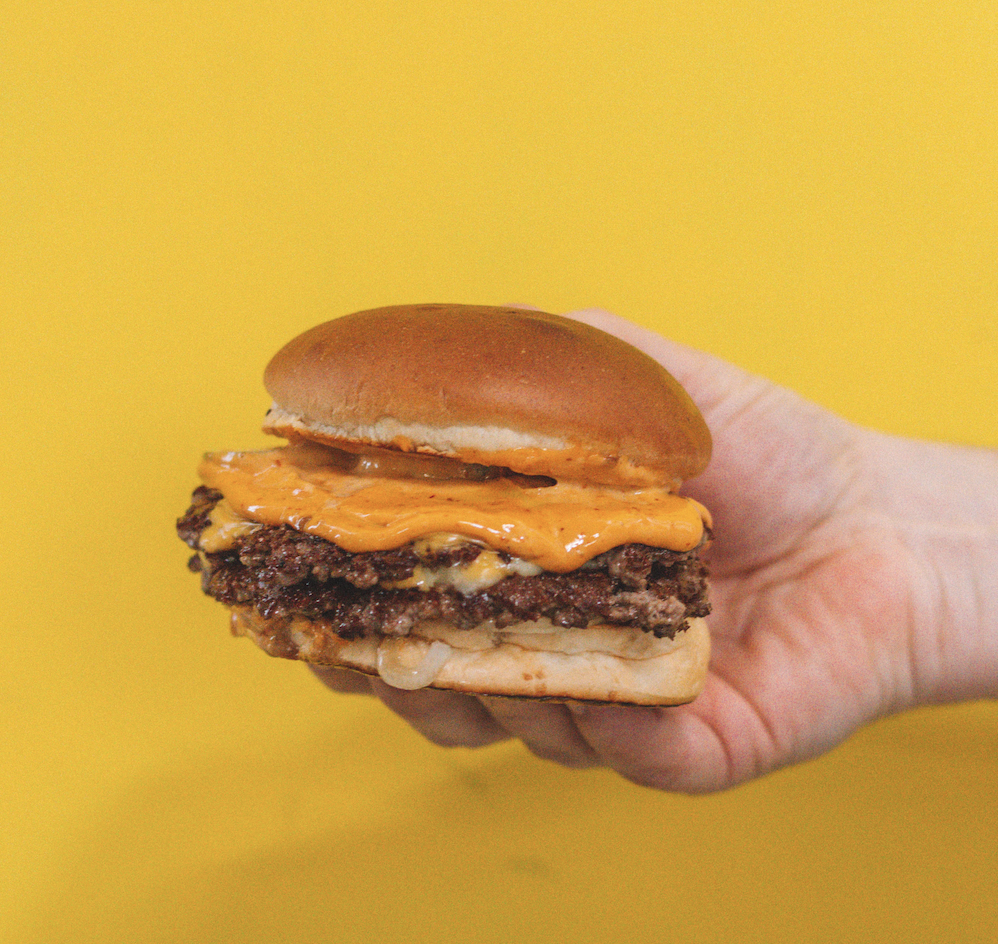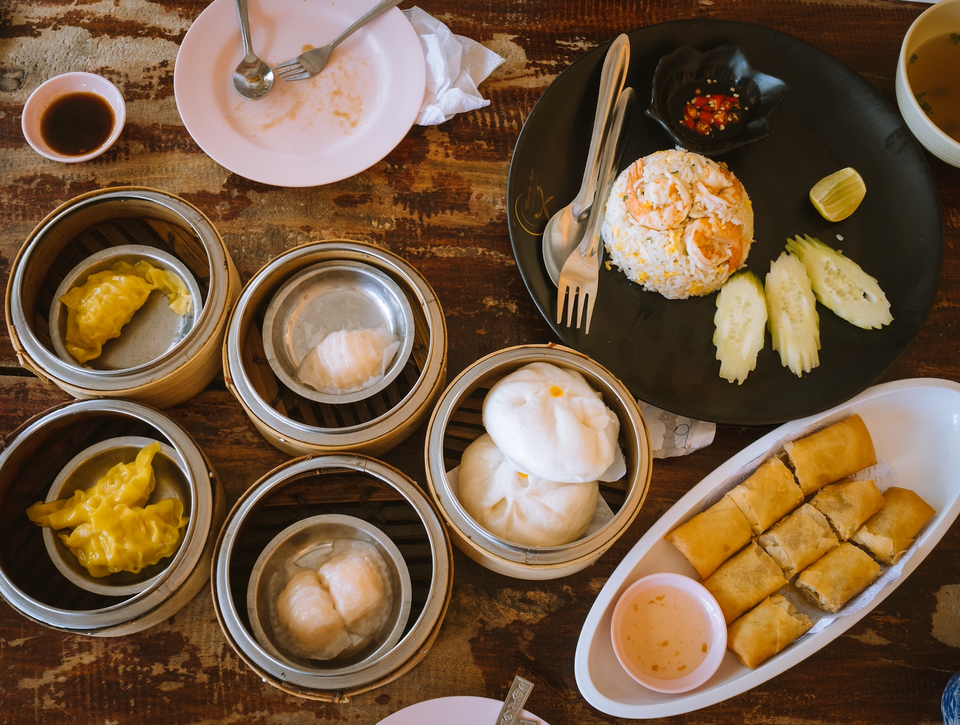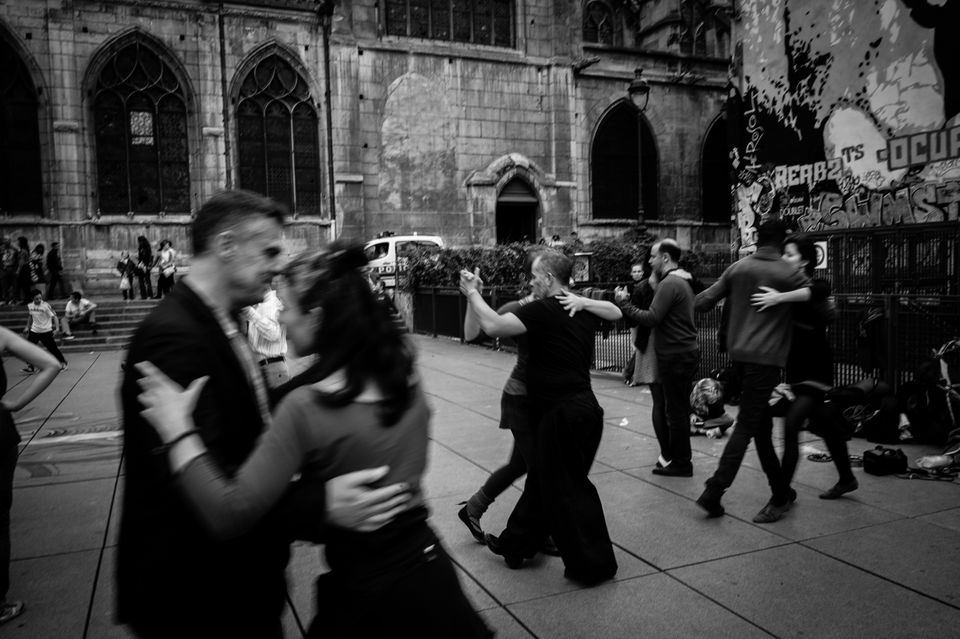“And, though all other animals are prone, and fix their gaze upon the earth, he gave to man an uplifted face and bade him stand erect and turn his eyes to heaven.” —Ovid
My coming of age has coincided with, what has been called by some, a food revolution. In my own lifetime, a television channel dedicated to food was born; organic and gourmet grocery stores and cookware retailers have proliferated; and cooks and critics, both celebrity and amateur, are coming out of the woodwork. Even in the last throes of print journalism, the pretentious yet ubiquitous Cooks Illustrated seems to be enjoying some success. Meanwhile kitchens have become cavernous, both in their size and in their granite counter-tops. And they have been thrust into the center of the home, presenting us with the need to think seriously about “efficiency maps” and “work triangles” to reduce our number of steps.
David Brooks, who presciently describes the leaders of this movement in Bobos in Paradise, links these changes in home design to a much broader shift in their habits and attitudes. Unnecessary expenses like yachts, summer homes, and sports cars are now forgone in favor of exalted necessities, like big, industrial-looking Viking stoves and nearly walk-in-sized Sub-Zero refrigerators. After all, with professional-grade appliances you too can cook thirty-minute meals with Rachael Ray.
Brooks also notes that our entertaining habits have changed. No longer is food preparation a performance conducted in a small, secluded part of our home. Now it is front and center, and we often invite our guests over to help us cook as part of the fun. The once plebeian task of cooking is now the leisure activity of the bourgeois. In making the hearth literally the center of the home and in pursuing truer, more authentic modes of hospitality, the intentions of the bobos are to be commended. But in a recent Atlantic article entitled “The Joy of Not Cooking,” Megan McArdle reveals that their intentions do not actually play out in practice. There she explains that, even as our kitchens have grown to unprecedented proportions, the time Americans actually spend in them has reached record lows.
The modus operandi for many of us has become either eating-out or eating-on-the-go. For the former, dining out has become a sort of obsession, with food critics claiming gluttony as a badge of honor. The Atlantic’s B.R. Myers offers this gem from food critic Todd Kliman in his “The Moral Crusade Against Foodies”:
I watched tears streak down a friend’s face as he popped expertly cleavered bites of chicken into his mouth…He was red-eyed and breathing fast. “It hurts, it hurts, but it’s so good, but it hurts, and I can’t stop eating!” He slammed a fist down on the table. The beer in his glass sloshed over the sides. “Jesus Christ, I’ve got to stop!”
Granted, this disgusting quote is taken from a companion of Kliman’s, but it perfectly characterizes the style and substance of his Oxford American piece, in which he apotheosizes Chef Peter Chang and describes his pursuit of him around the country as a sort of divine quest, which climaxes with his ordering nine dishes for himself even as his alarmed waiter tries to discourage this ridiculous behavior. As amateurs, the Yelpers cannot afford to be so singularly focused, but many of their reviews are just as laughable and are certainly more poorly written. The most vulgar of them routinely anthropomorphize the restaurants they review and often use religious or erotic metaphors to bring home their ecstasy. As Leon Kass points out in his The Hungry Soul, the gourmand is the Casanova of food.
But before we go down that road, let’s return to my second group, the eaters-on-the-go who see food only for its utility. We might think of the health-food junkie who knows food only as calories and nutrients to be gathered and assimilated for their utility. Food in this case is simply fuel for the real business of life. So if it can be consumed between Point A and Point B, all the better. Bobos, like Michael Pollan, have derided this so-called nutritionism as quack science that is neither ecological nor healthy. But despite their anger, the bobos are really just the other side of the same coin. Nutritionism may be falling out of style, but their replacements are equally concerned with health. We may think of David Brooks’ bobo bra jogger whose concern for health (and beauty) drives her running, eating, and even her fashion. But at the end of the day she will still shop at Whole Foods with her nutritionist friend and probably help him in his crusade against saturated fats and refined sugars.
The foodie thinks too much of food, and the nutritionist too little. The former puts his head in his food and doesn’t come up for air, figuratively if not literally. He is discriminating when it comes to the pleasures of taste, but then again, so is my dog. Meanwhile, our bra jogger is eating on the run as if consuming food were an offense to her otherwise un-embodied existence. Both, if I may be so bold, are feeding rather than eating, which is a distinctively human capacity.
In eating, we appreciate food as a good but never mistake it for an end in itself. As an illustration of the proper ends of food, Leon Kass offers Isak Dinesen’s, “Babette’s Feast,” the story of a Parisian master-chef who seeks asylum in a Puritan religious community during the French Revolution. After years of cooking the austere Puritans’ tasteless meals she prepares for them a lavishly prodigal feast, and she spares no expense. The beauty and exquisite taste are lost on and even shunned by her guests, except for a visiting French general, who describes in reverent detail the pleasures he experiences and is eventually inspired to make a toast on divine grace. But even the conversation of the less appreciative diners is elevated, as tensions are eased and tones become gracious. In this way, Dinesen teaches us that food and drink are worthy of appreciation, but at their best, they grease the wheels for conversation and friendship.
Kass elsewhere speaks of the table as a stage for virtue. And again, Dinesen’s story, particularly in its excellent film adaptation, serves as a wonderful guide. In the film, the general’s effortless manners are a model to the rest of the guests, just as our parents’ were a model to our childhood selves. He sits erect at his place, and his gaze is directed outward towards the others, even as he appreciates the many facets of the meal. He thinks nothing of his selection of utensils or of raising food to his mouth, and so he can more freely participate in conversation. The Puritans, who care nothing for aristocratic pretensions, nevertheless emulate his manners.
The communal meal is certainly an excuse for conversation, but it may point even higher. Not by coincidence does the meal elevate the general’s thoughts to the Divine. On one level, our bodily hunger reminds us of our dependence on God’s provision, as the Puritans give voice to in their ritual blessing of the meal. In a very visceral way our lack reminds us that we are profoundly needy creatures with hopes and longings that point far beyond the table. Humans are unique in their wonderings and wanderings, and in their quest for true food and drink. Indeed, we have sometimes thought of ourselves as pilgrims in a foreign land. But the pointings of the table are not merely negative. In enjoying good food and drink and in conversing with others we gain experience in things beautiful, and, in this way, what begins as necessary and quotidian has the power to turn our thoughts to things transcendent and lift our gazes toward heaven.
Further Reading:
- On bobos: Bobos in Paradise
- On eating: The Hungry Soul
- On conversation: “Days Like These”




